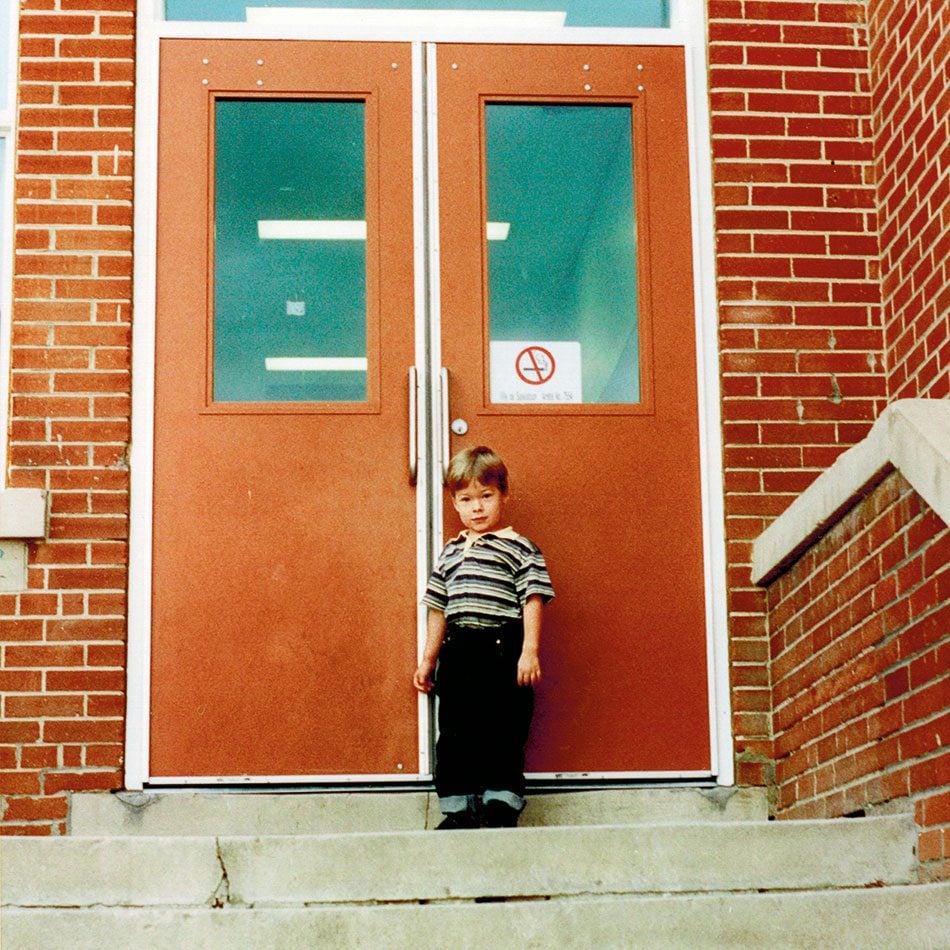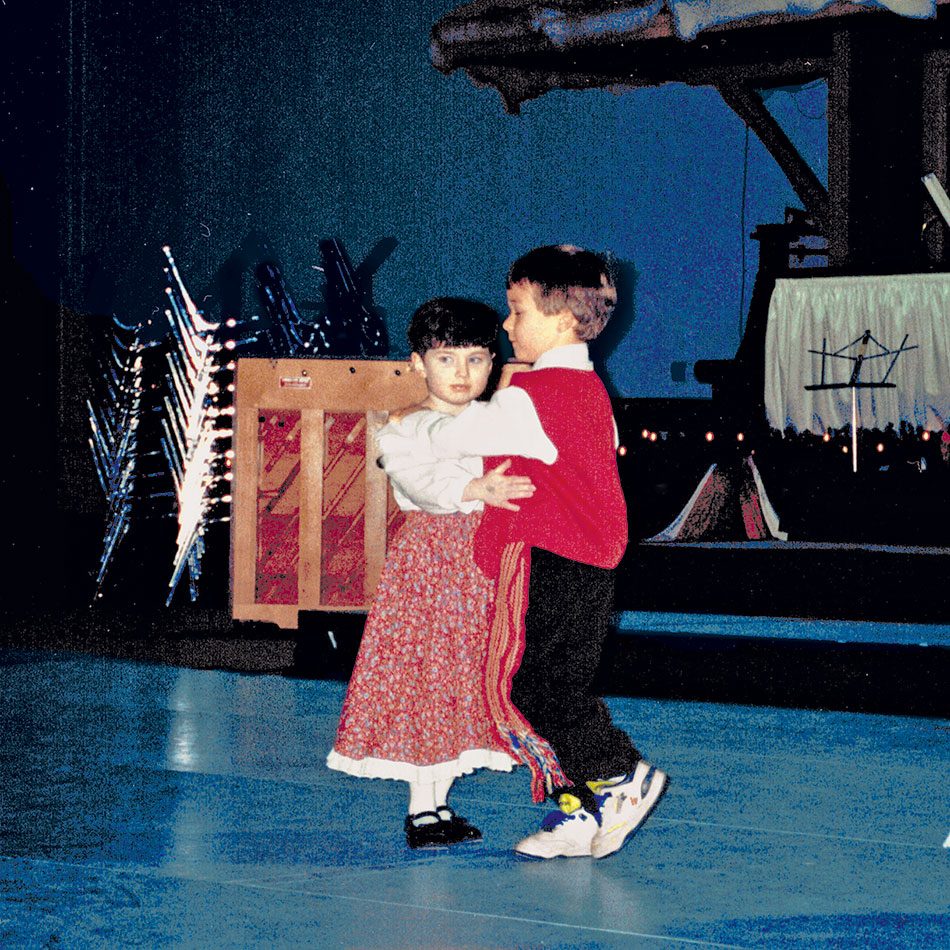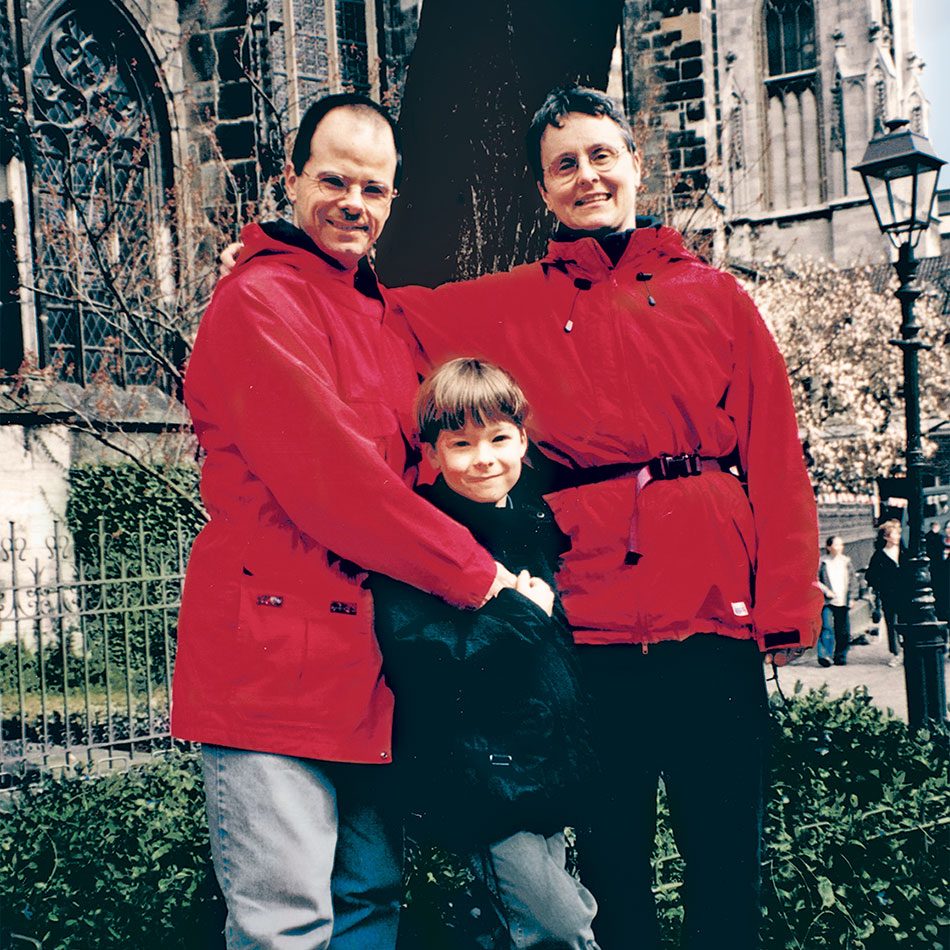
The benefits of growing up trilingual
Growing up trilingual in Saskatoon opened the doors to many opportunities in my life, from translating the different languages of my parents as a child (English, French and German) to allowing me to move overseas and live abroad as an adult. Today, many francophones in the mainly English-speaking Canadian Prairie provinces struggle to maintain their French-Canadian heritage, as English is the dominant language.
French immersion schools are rapidly gaining in popularity in these areas; however, institutions are oversubscribed (with classes of 30 upwards), facing budget cuts and struggling to keep up with demand in terms of teaching resources. To be accepted as a student at a French-only school, having a French parent is a must—of course, nearly all see the benefits of raising their children bilingual. But, like many of my peers, I’d virtually lost my ability to speak French by my 20s, as English became more relevant for me as I searched for work overseas.
Above: A young Félix at École Canadienne- Française in Saskatoon.

Language and identity
I think it’s important to encourage all people to learn a second language. French would be great if you’re an English-speaking Canadian, or English for a French-speaking Canadian. My mother was German and my father, Fransaskois (a French Canadian living in Saskatchewan). At around the age of five, I remember my dad lecturing me for dropping the accent from the ‘e’ in my name, stating I should use it as a sign of my French-Canadian pride, despite the fact it was never printed on my birth certificate—an argument I’ll leave to my parents. This wasn’t the only time in my life I risked losing my sense of French identity. Later, when I moved to Germany, I almost stopped speaking the language entirely. However, thanks to my job here, I pushed myself to pick it up again.
Now, as a 26-year-old working student living in Berlin, half of my day-to-day life is spent at university, where I complete my courses in German. I also work part-time for the language learning app, Babbel, in French customer service, while I mainly use English to chat with friends and colleagues—so speaking three languages has certainly come in handy.
Above: Félix folk dancing with his cousin at a local dance group, La Ribambelle de Saskatoon.
Planning a ski trip in Quebec? Here are 20 common French skiing phrases you should know.

“Your roots are important”
English speakers in Western Canada don’t usually learn French as part of their syllabus, which seems a shame when the two languages are recognized by the Canadian Official Languages Act. Will French in this part of Canada be swallowed up by English? Let’s hope not. As my dad likes to remind me, “your roots are important.” Speaking another language can open the doors to more possibilities, whether you’re French-Canadian or otherwise. It allows you to immerse yourself in a new culture, live elsewhere in Canada or in a different country, better understand others and broaden your horizons.
You can start learning at any time, with traditional lessons, via an app, by finding a tandem partner or practicing with a native. If you’re graduating from a French immersion school to study at an English-speaking institution, call up your friends or relatives to speak in French once a week, or refresh your memory with subtitles when watching movies. For French-Canadian communities in Western Canada, our struggle is not always obvious, so maintaining our voice is important.
Above: Félix with his parents, visiting the Aachen Cathedral in Germany.
Next, check out the fascinating story behind the distinct language of Newfoundland.